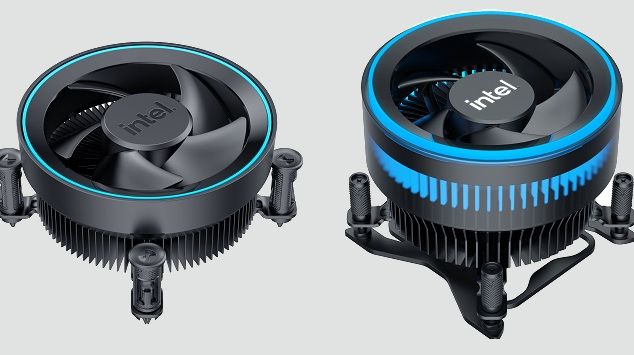VideoLAN, the nonprofit organization behind VLC Media Player, announced in a presentation at CES 2025 that the popular open-source multimedia tool has reached a milestone of 6 billion downloads. While this achievement is quite significant, the figure may be conservative, as the company likely excluded download numbers from third-party sources. Along with that, the developers at VideoLAN announced its future plans with the showcase of their next big feature: AI-powered subtitles and real-time translation for 100 languages. The feature is currently under development and is designed to create subtitles in real-time using open-source artificial intelligence (AI) models.
Interestingly, VLC’s upcoming AI-powered subtitle feature seems to take inspiration from advancements like OpenAI's Whisper, an automatic speech recognition (ASR) system designed to transcribe audio into text. Whisper has been praised for its ability to handle various accents and dialects using large-scale datasets for training.
VLC automatic subtitles generation and translation based on local and open source AI models running on your machine working offline, and supporting numerous languages!Demo can be found on our #CES2025 booth in Eureka Park. pic.twitter.com/UVmgT6K4dsJanuary 8, 2025
However, VLC is taking a different approach where the AI-models will operate offline built directly into the VLC app. This feature is particularly noteworthy as it eliminates the need for an internet connection or reliance on cloud-based services, which are often a concern for privacy-conscious users.
Talking about the new feature, Jean-Baptiste Kempf, president of VideoLAN, said “At the same time we have automatic translation working to translate the subtitles to your own language. What’s important is that this is running on your machine locally, offline, without any cloud services. It runs directly inside the executable.”
The AI subtitling is also capable of handling various media formats, making it an essential tool for users looking to enjoy content across different languages without external software. As per the company, the AI will be able to generate subtitles and translations for videos in over 100 languages, making VLC more accessible for a global audience.
VideoLAN has yet to confirm an official release date for the new feature, though it is anticipated to launch as a free update in the near future. Further details will be shared via the company's blog.
While the addition of AI-powered subtitles and translations is a big step forward for VLC, questions remain about how the developers will address common issues with inaccurate AI-generated subtitles, which can negatively impact user experience. As pointed out by PC Mag, there is curiosity about which open-source AI models the media player will utilize and whether the feature's system requirements could lead to significant resource consumption. Chances are that you may require a PC with a dedicated NPU (Neural Processing Unit).

 7 hours ago
2
7 hours ago
2





/cdn.vox-cdn.com/uploads/chorus_asset/file/25821777/DSCF4473.jpg)


 English (US) ·
English (US) ·